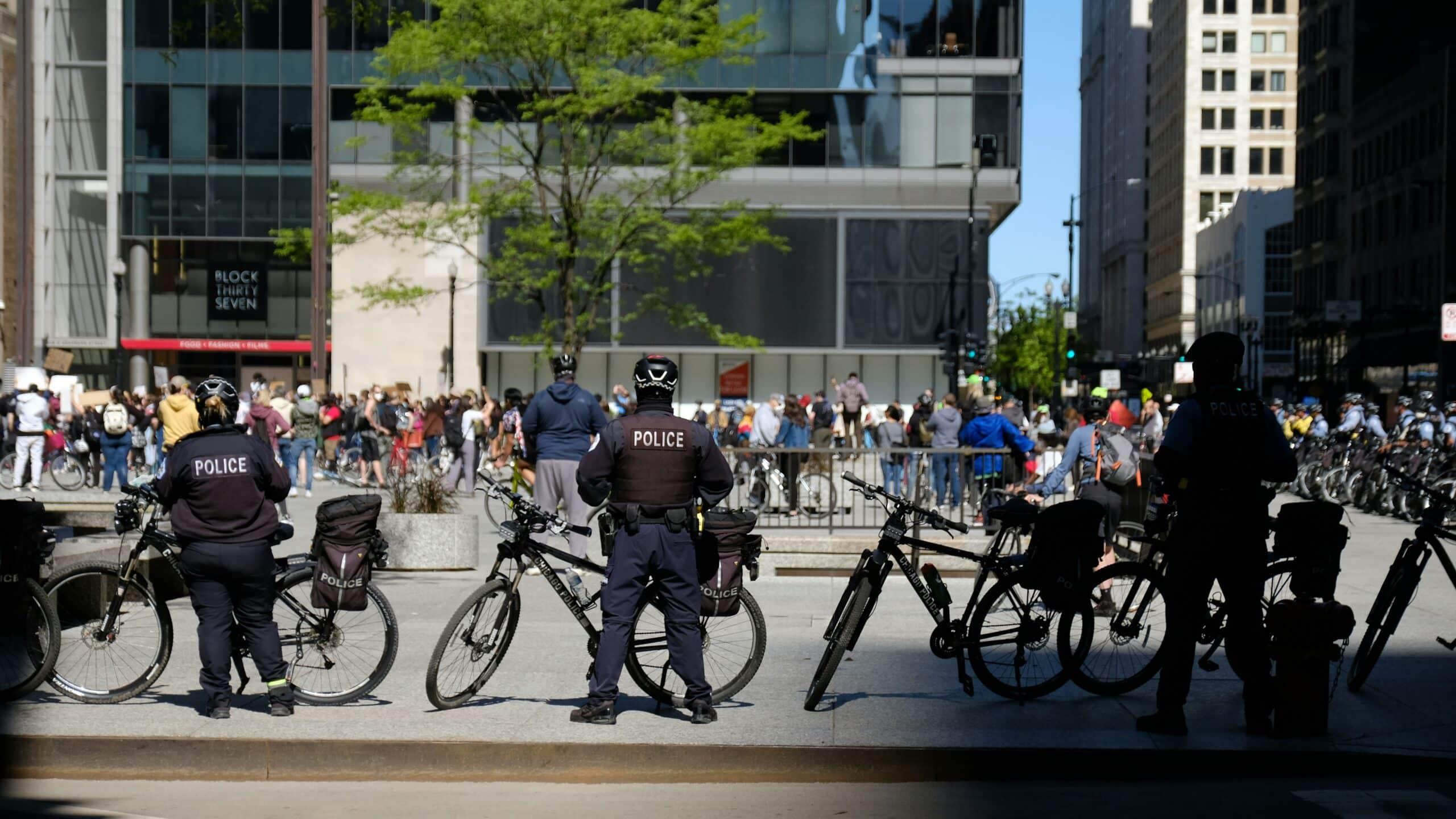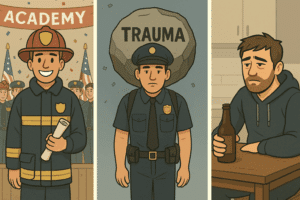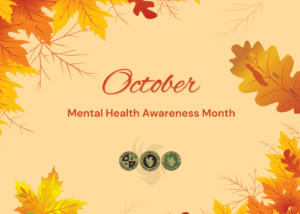First responders—firefighters, paramedics, law enforcement, and EMS—face immense physical and psychological stress during incidents of civil unrest. Unlike routine calls, these situations are charged with violence, unpredictability, and public scrutiny, which can lead to acute and long-term emotional effects.
For many adults, interactions with domineering or dismissive individuals can indeed trigger early wounds caused from bullying in childhood, which often leaves lasting emotional imprints. While not everyone experiences bullying, studies suggest a significant portion of people—especially during school years, encounter some form of peer victimization. These experiences can shape how they perceive and respond to conflict later in life, particularly in hierarchical or high-stress environments or occupations.
First responders—especially law enforcement—are expected to walk a tightrope when dealing with protestors. Their role is to protect the public and uphold constitutional rights, particularly the right to peaceful assembly and free speech. This can be challenging especially when being attacked with rocks, bottles, fireworks and deadly objects and at times, met with deadlier force. They are often spat on, harassed, and with protestors in their face, reducing, punching, and antagonizing them.This takes an incredible toll on them psychologically and emotionally.
Here’s a comprehensive approach to peer support and behavioral health strategies specifically for civil unrest responses:
Here’s a Comprehensive Approach
Pre-Incident Briefings (Pre-Exposure Education):
· Discuss likely scenarios and potential emotional responses.
· Reaffirm support systems and peer team availability.
· Normalize fear, anxiety, and moral conflict that may arise.
Embedded Peer Support Teams:
· Assign trained peer support members within deployment teams.
· Ensure they are clearly identified and trusted by the crew.
· Allow informal check-ins throughout the operation.
Real-Time Support:
· Use tactical breathing and calming techniques to manage stress on-scene.
· Assign rest periods and hydration breaks when feasible.
· Provide a safe space (even mobile) for quick mental resets.
Buddy System Check-ins:
· Pair personnel to regularly check on one another’s mental and emotional state.
· Promote candid conversations free of judgment.
Behavioral Health Support (Formal Mental Health Interventions)
Immediate Post-Incident Defusing:
· Conduct short, informal sessions immediately after the event.
· Focus on emotions, reactions, and next steps—not deep analysis.
Follow-Up Critical Incident Stress Debriefing (CISD):
· Hold within 24–72 hours post-incident with trained facilitators.
· Provide a structured setting to process traumatic exposure.
Access to Culturally Competent Therapists:
· Ensure mental health professionals understand first responder culture.
· Offer confidential 24/7 access to crisis lines and therapists.
Long-Term Mental Wellness Programs:
· Normalize mental health visits in wellness checks.
· Provide EMDR, CBT, and trauma-informed therapy as needed.
· Use apps or platforms designed for first responders (e.g., Cordico, FirstNet Health & Wellness).
Organizational Leadership Responsibilities
- Normalize Help-Seeking: Encourage leaders to share their own struggles or support-seeking stories.
- Remove Stigma: Frame mental health care as a strength, not a weakness.
- Protect Time for Mental Health: Ensure responders have time off after intense civil unrest deployments.
- Train Supervisors: Equip officers and captains to recognize and respond to signs of stress and trauma.
Signs Someone Might Need Support After Civil Unrest
- Withdrawal from team or family
- Hypervigilance or irritability
- Trouble sleeping or nightmares
- Avoidance of reminders (news, uniforms)
- Increased substance use
- Feelings of guilt, anger, or helplessness
To get in touch with First Responder Wellness, email info@frhealth.com or call 888.443.4898 to connect with our culturally competent team. We’re here when you need us.




